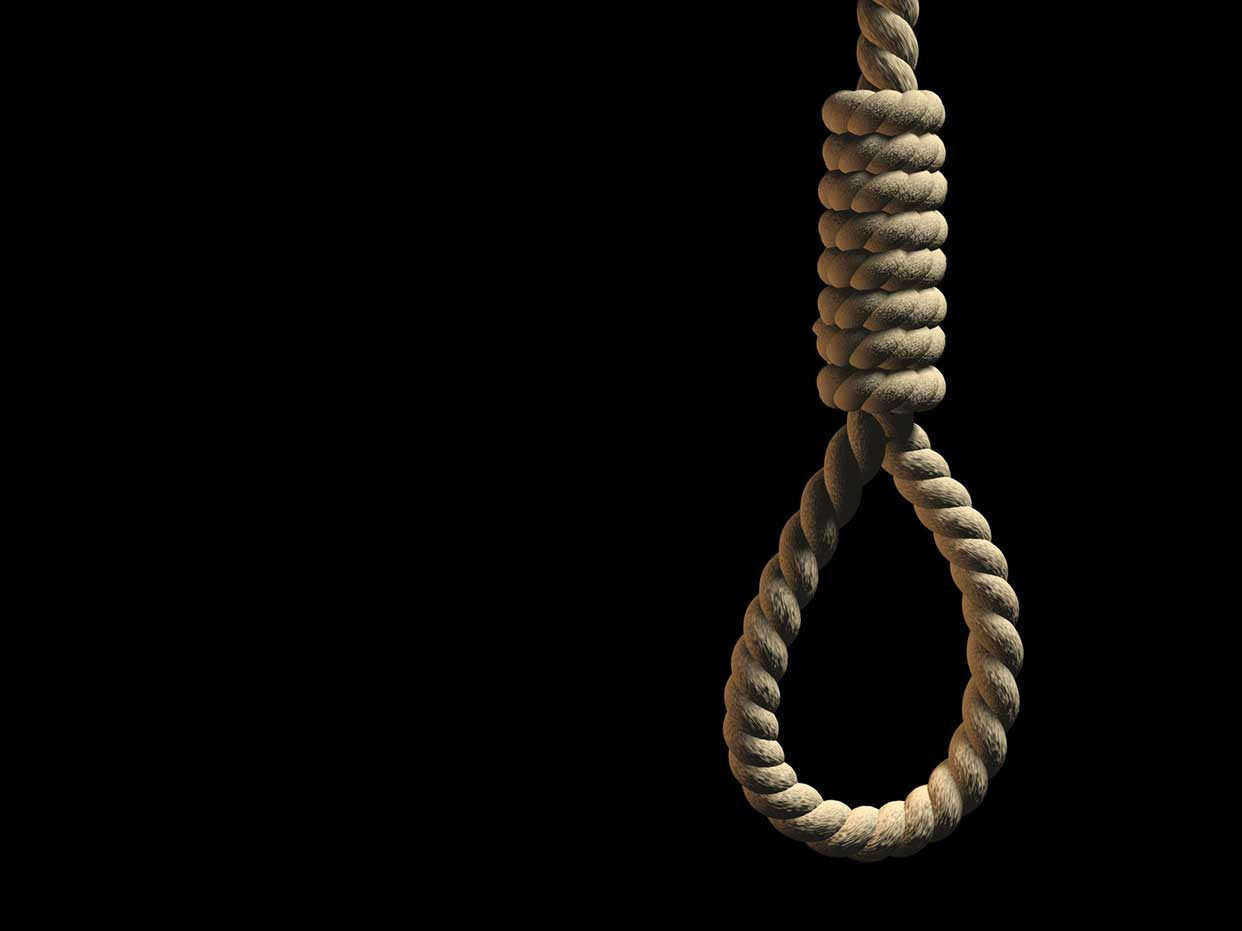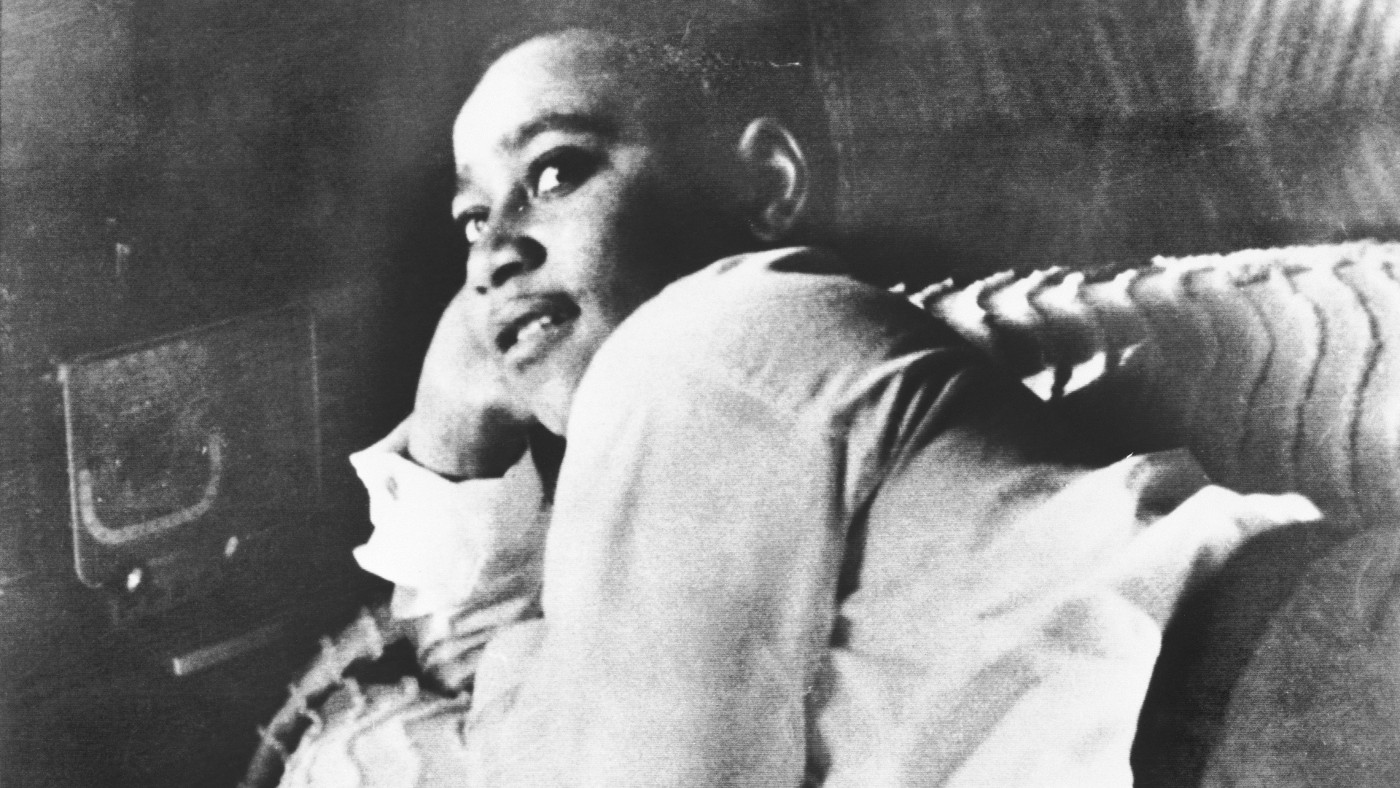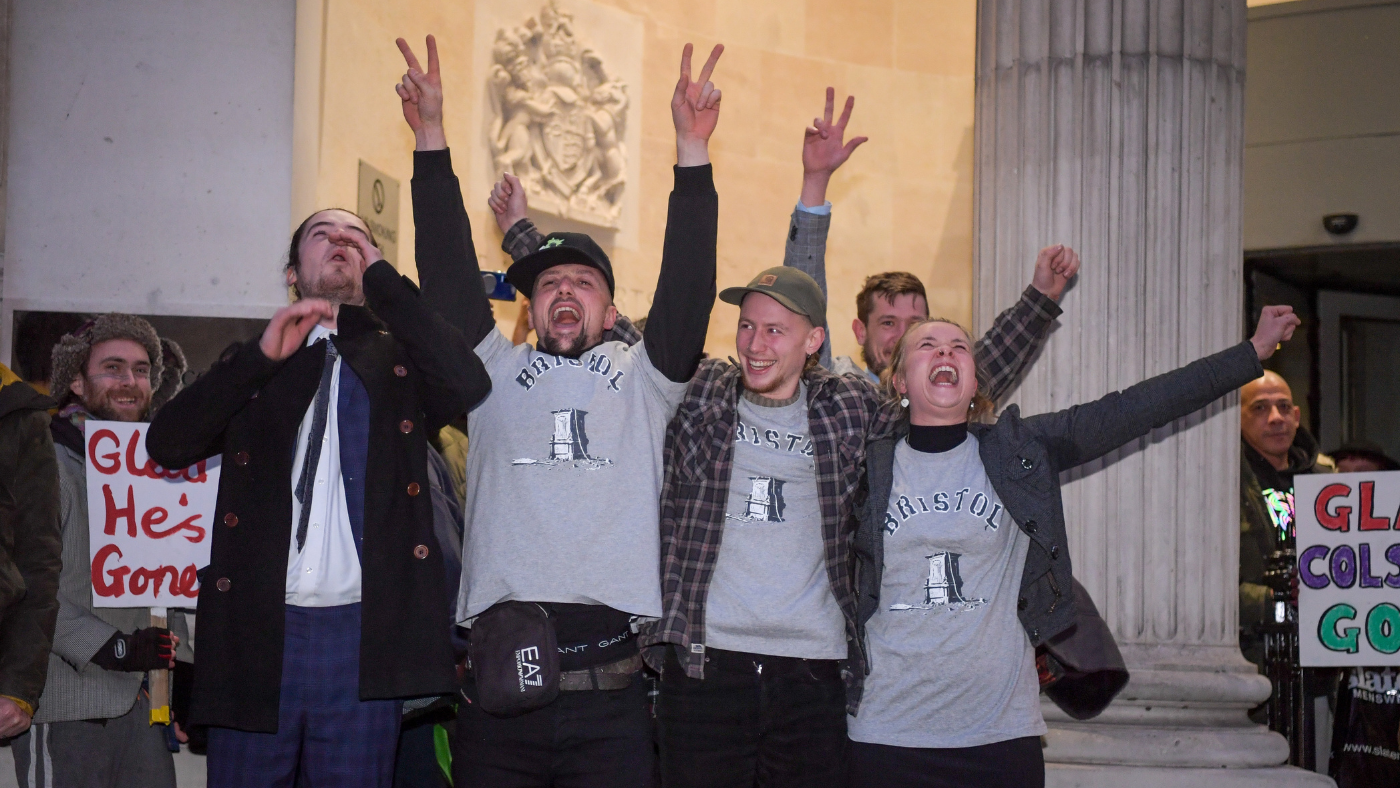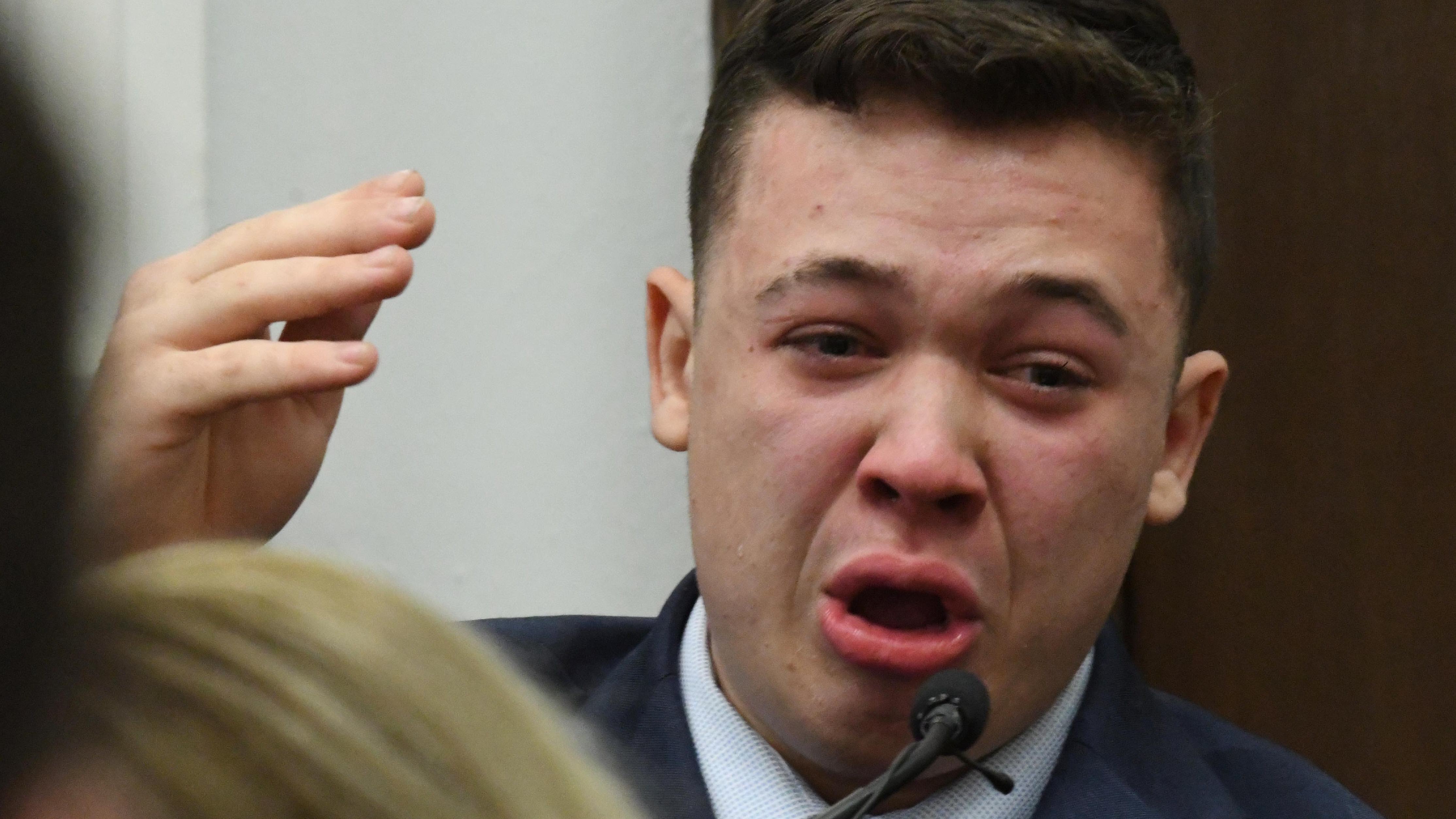Why the FBI is investigating a spate of hangings
Recent deaths of six African-American and Hispanic people spark fears of lynchings

A free daily email with the biggest news stories of the day – and the best features from TheWeek.com
You are now subscribed
Your newsletter sign-up was successful
A sudden spate of hanging deaths involving African-American and Hispanic people is being investigated by the US authorities as racial tensions continue to simmer across the country.
Activists have voiced lynching fears following six hangings in public places over the past month, with campaigners warning of “a backlash by white supremacists against the Black Lives Matter movement”, The New York Times reports.
What has happened?
The Week
Escape your echo chamber. Get the facts behind the news, plus analysis from multiple perspectives.

Sign up for The Week's Free Newsletters
From our morning news briefing to a weekly Good News Newsletter, get the best of The Week delivered directly to your inbox.
From our morning news briefing to a weekly Good News Newsletter, get the best of The Week delivered directly to your inbox.
Since 27 May, one woman, four men and a teenage boy have been found dead in separate hangings in Southern California, New York City, Portland and Houston. All of the victims were African-American or Hispanic.
Officials ruled all of the cases to be suicides, “but each of the incidents have fuelled fears and suspicions about the possibility of lynchings” amid the ongoing unrest triggered by George Floyd’s death in Minnesota last month, says the Daily Mail.
US federal authorities opened reviews into two of the deaths, of 38-year-old Malcolm Harsch and 24-year-old Robert Fuller, who were found hanging from trees in California ten days and 50 miles (80 km) apart.
The investigations were prompted by a public outcry that has seen more than 530,000 people sign an online petition demanding a full investigation into Fuller’s death.
A free daily email with the biggest news stories of the day – and the best features from TheWeek.com
Separately, authorities in Oakland, California, are investigating the discovery last week of nooses strung up on at least five separate trees. Two days later, a “fake body hanging from a noose” was found in the same part of the Lake Merritt area, according to CNN.
Were any of the six deaths definitely suicides?
Over the weekend, a spokesperson for Harsch’s family said they believed that he had “died of suicide and not a lynching, after they were shown ‘video evidence’ of the lead-up to his death”, the Daily Mail reports.
However, the other five cases are still under review.
–––––––––––––––––––––––––––––––For a round-up of the most important stories from around the world - and a concise, refreshing and balanced take on the week’s news agenda - try The Week magazine. Start your trial subscription today –––––––––––––––––––––––––––––––
What is the significance of lynchings in the US?
“The image of a black man hanging from a tree is seared into the American psyche as the embodiment of racism in all its ugliness and cruelty,” says the Los Angeles Times.
“Lynchings of African-Americans through the civil rights era of the 1960s challenged the nation’s perception of itself as the land of liberty, justice, equality and rule of law, and we have seen to our horror that even today, racial hatred can still descend to murder.”
Even if homicide is ruled out in all of the outstanding cases, the growing number of suicides in the African-American community should not be ignored, the paper adds.
“If we conclude that it could not have been murder but must have been suicide, we must recognise that our work is not done. We will have to ask ourselves: Why would a young black man in the 21st century United States kill himself?
“Suicide in the black community was historically low but is on the rise, especially among teenagers and young adults. Where did we go wrong? And, whether it be murder or suicide, how do we prevent such a thing from happening again?”
-
 Political cartoons for February 20
Political cartoons for February 20Cartoons Friday’s political cartoons include just the ice, winter games, and more
-
 Sepsis ‘breakthrough’: the world’s first targeted treatment?
Sepsis ‘breakthrough’: the world’s first targeted treatment?The Explainer New drug could reverse effects of sepsis, rather than trying to treat infection with antibiotics
-
 James Van Der Beek obituary: fresh-faced Dawson’s Creek star
James Van Der Beek obituary: fresh-faced Dawson’s Creek starIn The Spotlight Van Der Beek fronted one of the most successful teen dramas of the 90s – but his Dawson fame proved a double-edged sword
-
 The trademark battle over the 'Russian warship, go f**k yourself' slogan
The trademark battle over the 'Russian warship, go f**k yourself' sloganUnder The Radar Row over the 'brave' response from a Ukrainian soldier to a Moscow warship that's become 'hot merchandising property'
-
 Anti-racism policing unit is accused of racism
Anti-racism policing unit is accused of racismSpeed Read Police Race Action Plan criticised for treating minority staff members as ‘troublemakers or difficult’
-
 Will Emmett Till ever get justice?
Will Emmett Till ever get justice?In Depth Black teenager was abducted, tortured and lynched by a group of white men in 1955
-
 Derek Chauvin sentenced to 21 years in prison for violating George Floyd's civil rights
Derek Chauvin sentenced to 21 years in prison for violating George Floyd's civil rightsSpeed Read
-
 How the ‘Colston Four’ were found not guilty
How the ‘Colston Four’ were found not guiltyfeature Conservative MP calls for appeal after protesters cleared of criminal damage charges
-
 Kyle Rittenhouse: teenager on trial for BLM protest killings
Kyle Rittenhouse: teenager on trial for BLM protest killingsIn the Spotlight The 18-year-old is charged with shooting three people during civil unrest on Wisconsin streets
-
 Exeter University law students expelled over racist WhatsApp messages
Exeter University law students expelled over racist WhatsApp messagesSpeed Read Screenshots of group’s ‘bigoted’ comments were leaked on social media